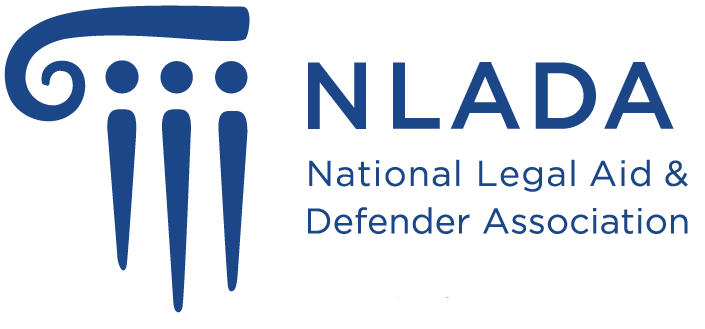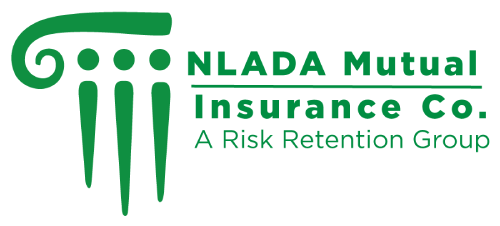In 2002, NIC developed the resource guide: “Guidelines for Developing a Criminal Justice Coordinating Committee” to help the criminal justice field establish or strengthen local criminal justice policymaking forums. This resource is still available to the field and contains relevant information to guide users in today’s environment however, some of the content is outdated as well as exhibits, resources and practitioner quotes. In addition, there is a companion NIC resource: "Guidelines for Staffing a Local Criminal Justice Coordinating Committee" that will be incorporated into the resource guide.
Many local jurisdictions recognize the value and benefits of having some level of structured decision making to enhance the coordination of criminal justice policy making and implementation to address crime and criminal justice problems. As noted in the “Guidelines for Developing a Criminal Justice Coordinating Committee” resource guide; localities provide forums, informally or formally, where key justice systems stakeholders and local government officials can identify and discuss justice system issues. A common forum structure is Criminal Justice Coordinating Councils (CJCC) where justice system collaboration and planning activities can be undertaken to improve decision making and obtain better outcomes.
The goal of this project is to update and revise the 2002 NIC “Guidelines for Developing a Criminal Justice Coordinating Committee” that will serve as a resource guide for localities who want to develop a systems approach. In addition, the companion NIC resource publication: “Staffing a Local Criminal Justice Coordinating Committee” will be edited and incorporated into the resource guide. A proposal response to this solicitation should, at a minimum: identify a plan to address the scope and timeframe of the project, determine the methodology and resources necessary to deliver the work products; identify a team that includes members with subject matter expertise in the publication content, project management expertise and subject matter expertise in publication writing and editing.
The qualified applicant team will be able to:
- Consult with the NIC Project management staff to gain understanding of the history, purpose and objectives of the resource. Conduct a comprehensive audit of the current guide and identify any new or emerging research which would improve the effectiveness of the guide.
- Consult with the NIC Project management staff on the recommended content from the “ Staffing a Local Criminal Justice Coordinating Committee” publication to incorporate into the resource guide.
- Present the recommended revisions, updates and draft a plan for work to be completed for the resource guide to the NIC project manager for review and approval.
- Complete all work identified in the revision and update plan for resource guide.
- Complete any additional edits and/or revisions to draft materials as necessary and submit the final draft.
NIC invites applications from nonprofit organizations (including faith-based, community, and tribal organizations), for-profit organizations (including tribal for-profit organizations), and institutions of higher education (including tribal institutions of higher education). Recipients, including for-profit organizations, must agree to waive any profit or fee for services.NIC welcomes applications that involve two or more entities; however, one eligible entity must be the applicant and the others must be proposed as sub-recipients. The applicant must be the entity with primary responsibility for administering the funding and managing the entire program.

